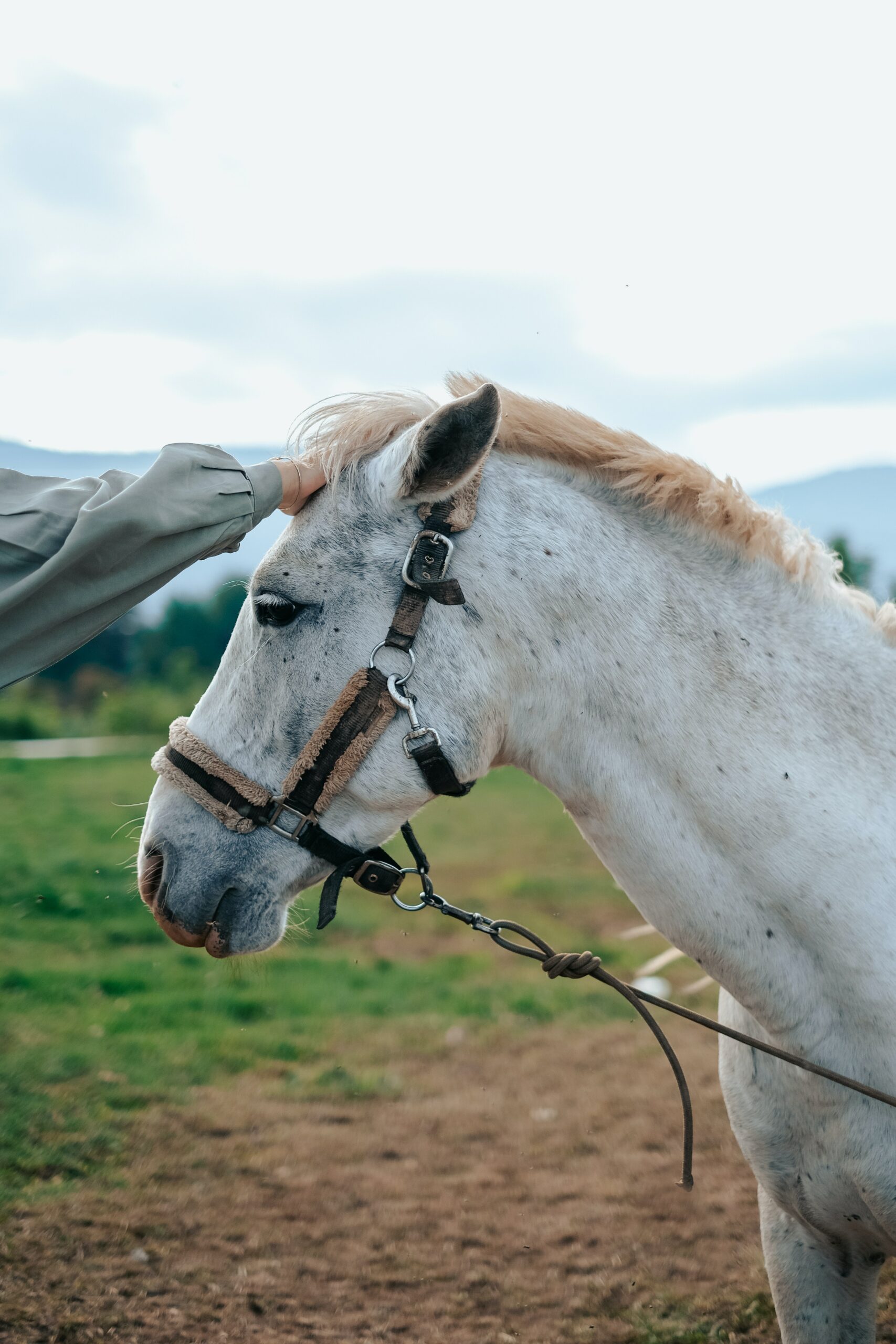Hey there, it’s your pal Jack again. I’m back with another tale from the world of horse ownership, and this one’s a doozy.
You know how it goes: you’re out for a ride and your horse starts acting a little…off. They’re not their usual self, and you start to get worried. Could it be colic?
Colic, for those who don’t know, is abdominal pain in horses.
It can range from mild discomfort to severe, and in extreme cases, it can be life-threatening. As a horse owner, it’s something you always have to be on the lookout for.
One type of colic that you might encounter is gas colic. But what are the signs of gas colic in horses? Let’s dive in and find out.
Table of Contents
The Symptoms
Gas colic is exactly what it sounds like: abdominal pain caused by an accumulation of gas in the intestines. Here are some common symptoms of gas colic in horses:
- Restlessness: Your horse may pace, paw at the ground, or roll around.
- Lack of appetite: They may refuse to eat or drink.
- Depression: They may seem lethargic or disinterested in their surroundings.
- Abdominal pain: They may exhibit signs of discomfort, such as looking at their side or kicking at their belly.
- Changes in bowel movements: They may have diarrhea or no bowel movements at all.
It’s important to note that these symptoms can also be indicative of other types of colic or health issues, so it’s always best to consult with a veterinarian if you have any concerns.
The Causes
So, what causes gas colic in horses? There are several potential factors, including:
- Poor diet: A diet that’s high in grains and processed feed can lead to digestive issues.
- Dehydration: Lack of water can cause the intestines to produce more gas.
- Parasites: Internal parasites, like worms, can cause digestive issues.
- Stress: Just like humans, horses can get stressed out, and this can lead to digestive issues.
- Changes in routine: Horses are creatures of habit, and sudden changes in their routine (like a change in feed or environment) can lead to colic.
How to Prevent Gas Colic
So, what can you do to prevent gas colic in your horse? Here are a few tips:
- Monitor their diet: Make sure they’re getting a balanced diet that’s low in grains and processed feed.
- Keep them hydrated: Make sure they have access to clean water at all times.
- De-worm regularly: Consult with a veterinarian to determine the best deworming schedule for your horse.
- Manage stress: Try to minimize stressors in your horse’s environment and provide them with plenty of mental and physical stimulation.
- Gradually introduce changes: If you need to make changes to your horse’s routine or environment, do so gradually to give them time to adjust.
FAQs
What if my horse has gas colic?
If you suspect your horse has gas colic, it’s important to act fast. Contact your veterinarian for guidance, and follow their recommendations for treatment.
This may include administering pain medication and providing supportive care, such as fluids.
Can gas colic be fatal?
In severe cases, gas colic can be fatal. However, prompt medical intervention can help improve the chances of a successful outcome.
How can I prevent gas colic in the future?
To prevent gas colic in the future, it’s important to pay attention to your horse’s diet, hydration, and overall health.
Consult with a veterinarian for guidance and follow their recommendations for deworming and other preventative measures.
Gassy Horses and the Colic Connection
So there you have it, folks! Gas colic is a serious issue that can affect horses of all ages, but with a little knowledge and prevention, you can help keep your horse happy and healthy.
As always, it’s important to pay attention to your horse’s health and to consult with a veterinarian if you have any concerns.
And remember: a happy horse means a happy owner. Or at least, that’s what I’m told.
